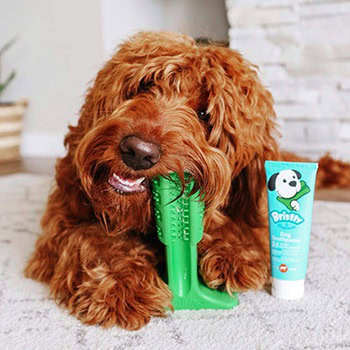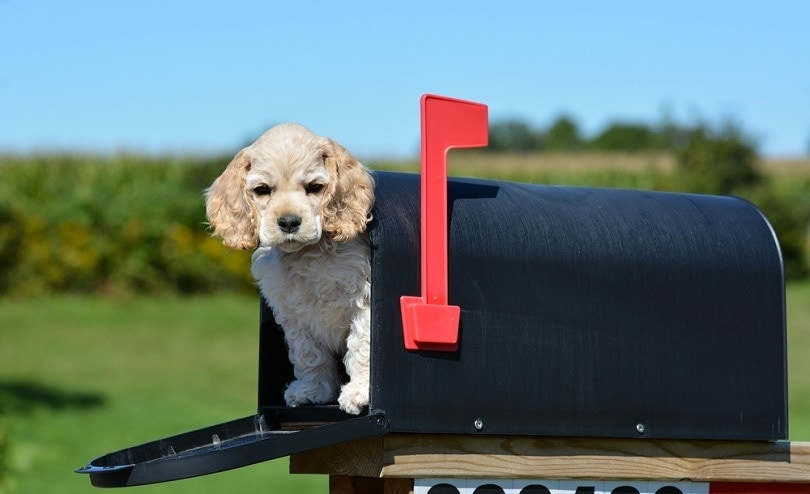Can Dogs Eat Raw Bacon? Vet-Reviewed Facts & Risks

Updated on
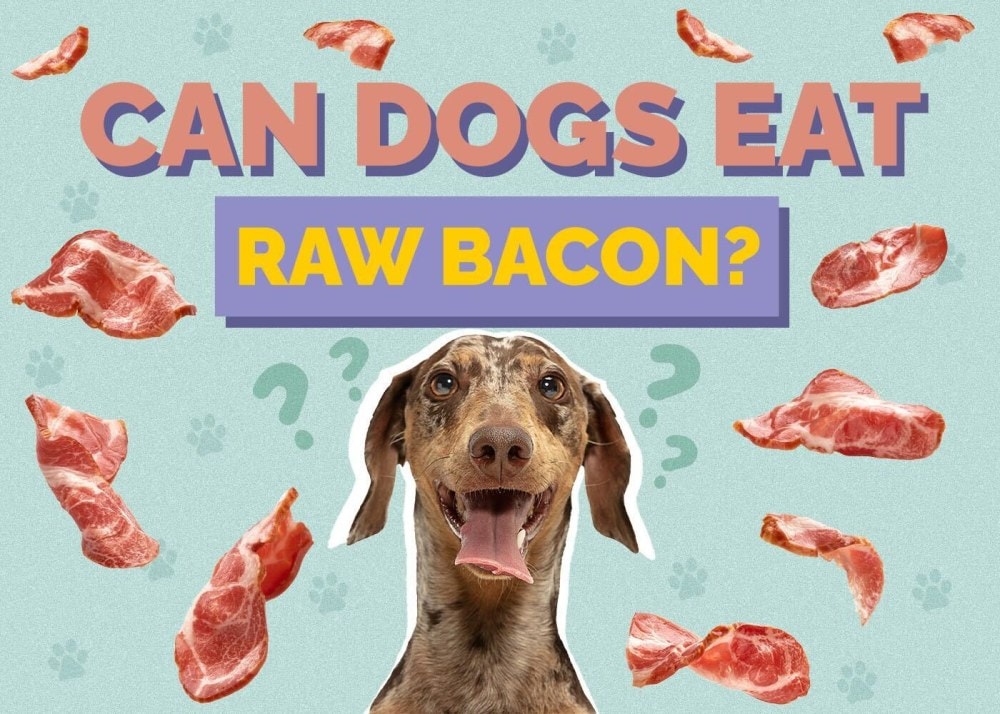
Dogs are facultative carnivores with a distinct desire for meat and animal products. Unlike cats, they’re not obligate carnivores and don’t have trouble digesting carbohydrates. They can eat fruits and vegetables, but a significant part of their diet should include meat. What about various kinds of meat, like bacon?
Can Dogs Eat Raw Bacon?
The short answer is no. Dogs should not eat raw bacon. It isn’t likely that it will do any deeply serious or long-lasting harm if your pup gets a small nibble. However, the health risks heavily outweigh the benefits and can put your dog’s overall health in a compromised position.
If you cook bacon in the kitchen, your pup is bound to smell it and want a lick. No matter how big and pleading their puppy dog eyes become, avoid tossing them a piece. If you want to give them a treat, then read on for healthier alternatives to bacon.
The Health Risks of Raw Bacon
There are many treats for dogs to enjoy, and quite a few are bacon-flavored. While this might insinuate that dogs could also enjoy bacon as a primary treat, it is better to give them the dog treats than to provide them with a piece of raw bacon. But why is that?
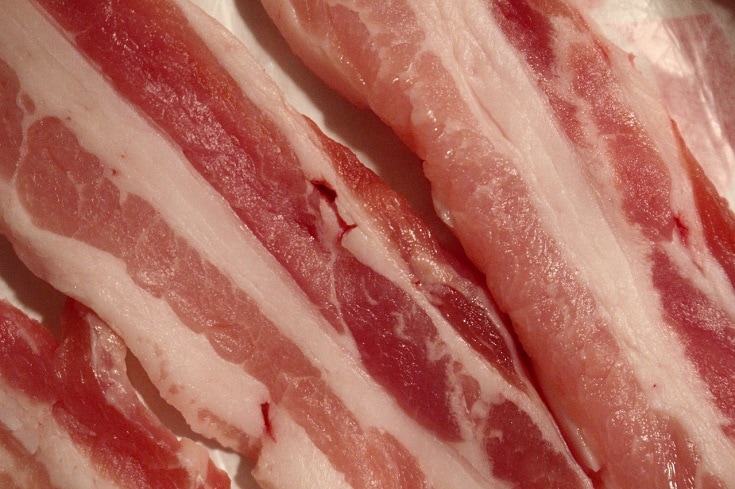
Fat and Grease
Bacon is loaded with fat and grease. The excessive fat in bacon is not helpful for your dog’s overall health. Dietary indiscretions, particularly those involving the ingestion of high-fat foods, have been linked to the development of pancreatitis in dogs. Even in small portions, the grease can cause an upset stomach and diarrhea. Small dogs are more likely to suffer from pancreatitis than large dogs.
If your dog has had an unhealthy diet of fats from foods like raw bacon, watch out for the signs of pancreatitis. They can include:
- Vomiting
- Abdominal pain
- Fever
- Bloat
- Loss of appetite
- Depression
- Lethargy
- Increased heart rate
- Diarrhea
Although not all the health results from consuming raw bacon are immediate, they’re not a risk worth taking. Even when cooked, bacon is too fatty for a dog, and it might result in diarrhea if offered regularly and lead to excess weight and obesity. Keep in mind that your pup’s diet significantly impacts their longevity and quality of life in the long term.
Infection
Consuming uncooked bacon might make your dog sick from pathogenic bacteria like Salmonella or Listeria, which are only destroyed by cooking. Raw pork products also put your dog at risk of developing parasitic diseases, such as toxoplasmosis and trichinosis.
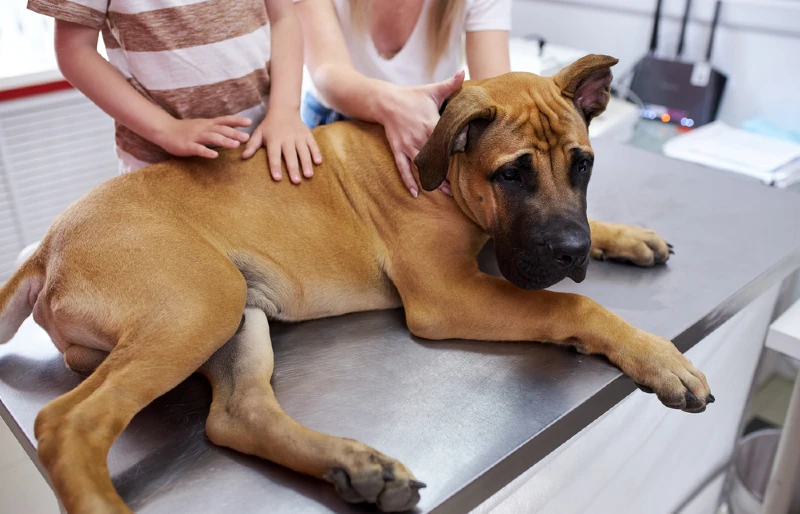
High Sodium Content
The fat and grease in bacon aren’t the only things that threaten your dog’s health. The high sodium levels in any kind of preserved pork are outrageous compared to the amount of sodium that a dog typically requires in their diet, which is minimal.
Dogs that consistently eat foods with too much salt are at an increased risk of getting salt poisoning, also called sodium ion poisoning, which can become a life-threatening condition. A dog needs to consume between 2 and 3 grams of sodium per kilogram of body weight to develop signs, so if your dog gets into the bacon package, it is best to determine the approximate amount of sodium they ate and monitor them for any clinical signs.
Signs of sodium ion poisoning include:
- Diarrhea
- Vomiting
- Decreased appetite
- Incoordination
- Lethargy
- Tremors
- Seizures
If your dog displays any of these signs, take them to the veterinarian immediately.
Healthier Alternatives to Raw Bacon
Here are safe foods you can give your dog instead of raw bacon.
- Peanut butter
- Plain boiled chicken
- Bacon-flavored dog treats
Always remember that treats should only make up 10% of your dog’s diet to avoid excessive weight gain and obesity.
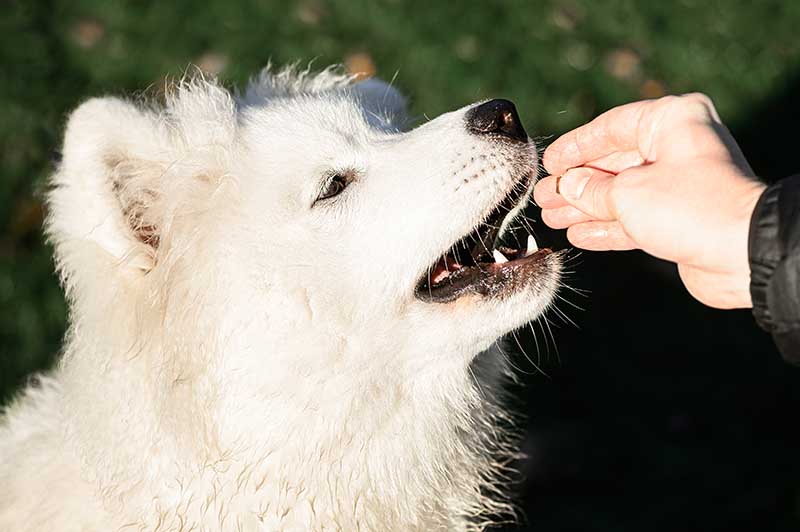
Conclusion
Raw bacon is simply not a treat worth risking your pup’s health for, even if they beg you for it. Your dog is relying on you to keep them healthy since you control their diet and exercise. Preventing them from eating human food isn’t a punishment. It is a long-term blessing that will keep you both happy for many years.
See also:




